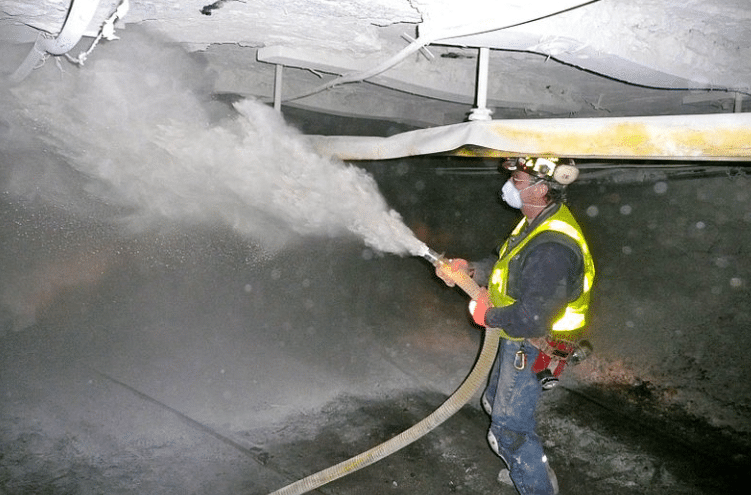Bipartisan Bill to Protect Miners from COVID-19 Exposure

WASHINGTON – This week, Sens. Joe Manchin, D-W.V., Mark Warner, D-Va., Shelley Moore Capito, R-W.V., Dick Durbin, D-Ill., Tim Kaine, D-Va., Bob Casey, D-Pa., Sherrod Brown, D-Ohio, and Rep. Matt Cartwright, D-Pa., introduced the bipartisan, bicameral COVID-19 Mine Worker Protection Act.
The legislation requires the U.S. Department of Labor to issue an emergency temporary standard requiring mine operators to establish a plan to tackle occupational COVID-19 exposure and provide miners with the necessary personal protective equipment. In addition, frameworks for documenting, reporting, investigating, and analyzing COVID-19 data among miners would be developed.
“Our miners risk their lives every day to power our nation and during the COVID-19 pandemic, that risk is even greater for our brave miners,” said Manchin. “The bipartisan, bicameral COVID-19 Mine Worker Protection Act will instruct DOL to create safeguards and provide PPE to ensure our miners are protected from exposure to COVID-19 in the mines. I will continue to work with my bipartisan colleagues, DOL and the United Mine Workers of America to pass this common sense legislation to help our miners stay safe during the pandemic as they continue to provide Americans with the power we need every day.”
In materials circulated by the lawmakers, it is noted that miners are especially prone to the dangers of COVID-19, because they are likely to have been weakened by exposure to coal dust and silica.
“Ohio miners have put their health at risk for years to power our country,” said Brown. “And now they’re facing more danger, as working conditions put them at higher risk of contracting COVID-19. MSHA needs to issue an enforceable safety standard to protect these miners from infectious disease, and we need to ensure these workers have the personal protective equipment they need to prevent exposure.”
The COVID-19 Mine Worker Protection Act would direct the secretary of Labor to issue an emergency temporary standard that requires mine operators to take several specific actions to protect miners:
- Develop and implement a comprehensive infectious disease exposure control plan to protect miners from COVID-19 exposure at the mines;
- Provide personal protective equipment to miners;
- Incorporate guidelines from the CDC, NIOSH, and relevant scientific research;
- In coordination with CDC and NIOSH, track, analyze, and investigate mine-related COVID-19 infections data in order to make recommendations and guidance to protect miners from the virus.
“For centuries, our miners have worked tirelessly to power America and keep the lights on. It is vital that we take the necessary steps to provide them safety and job security as we continue to battle COVID-19,” said Capito.
Full bill text can be found here.

























